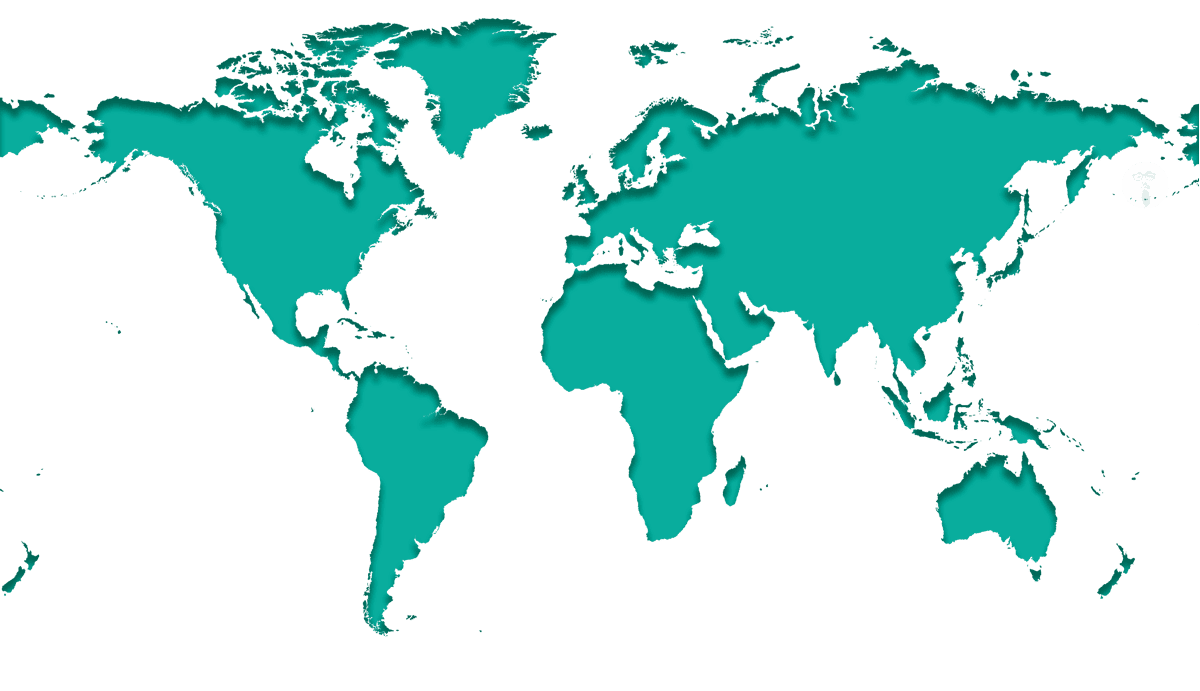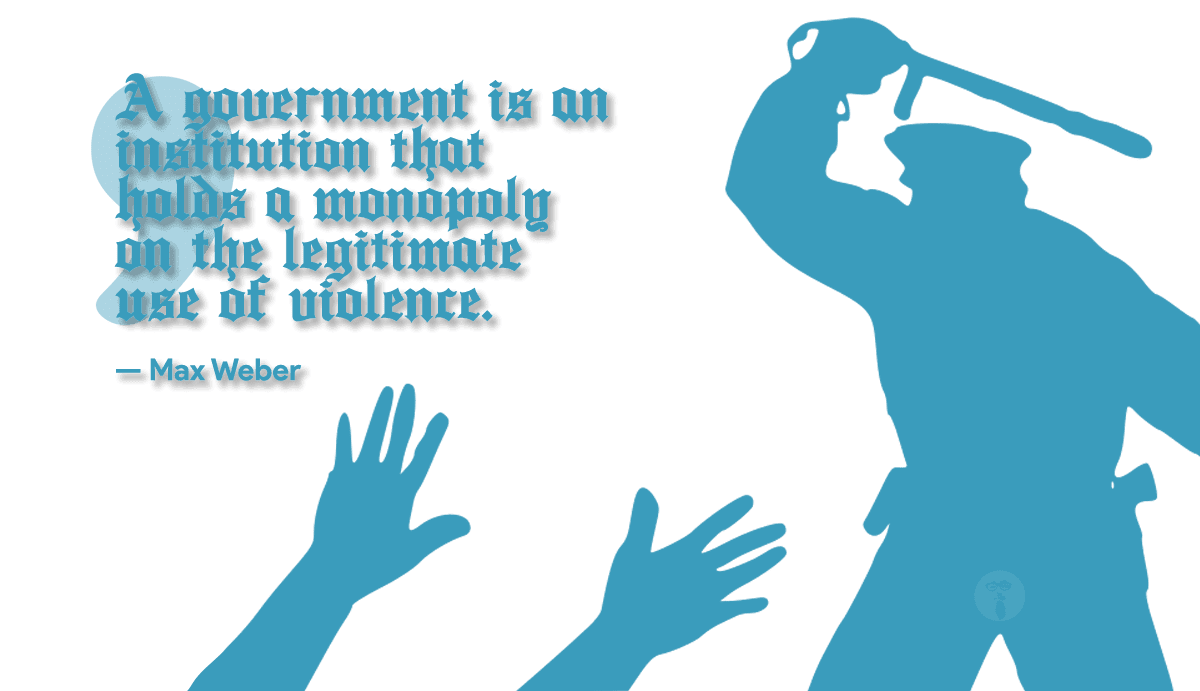Nationalism: The Destruction of a Nation
 |
| In their pursuit of nationalism, the nationalists have destroyed many Nations. |
Creation follows destruction and vice versa. This is the law of nature. If a nation has been a creation of the product of our political nature, then its destruction is also inevitable, and the reason is going to be nationalism.
Nationalism will a reason behind the destruction of a Nation. This might sound contradictory but this is the case and this is stated with reasons galore. How old is the oldest Nation? We have been in a cycle. Just seven decades ago, we used to live in a kingdom.
To start with, taking a case, when the Indian nationalists were celebrating a post-independence party, a spoilsport reminded the guests that it was just the beginning of making another new Nation. Pakistan was chopped off, forever making its vilification the height of Indian patriotism; so was the then East Pakistan less than three decades later, which has been rechristened as Bangladesh now. In this midst, religion can be such a pain in the ass and the nationalists learnt it the hard way.
However the point is, in their pursuit of nationalism the nationalists have destroyed many Nations. As much as the creation of such a nation is such a sinister scheme that was first initiated by the imperialist, read the British to meet their ends, political and economical. The lost kingdom of Manipur is another example. A group of races lost its nationhood, while thanklessly becoming a part of another union.
We cannot undo time but we can plan for the future. Again, like the entire relative universe, nationalism is so relative. We might even confuse our feelings for the land with that of another! The clash over national boundary, remarkably in Asia the hostilities that the countries like India, Pakistan and China share together can be superficially bracketed in this kind of relative nationalism.
While annoying the realists, we can recite John Lennon: Imagine there’s no countries / It isn’t hard to do / Nothing to kill or die for. Idealists are so stubborn so much that they will not bend even in the name of a Nation. That’s another story though.
If the trifurcation of the Indian subcontinent is tantamount to internal destruction of a Nation, prevailing hostilities of the Nations is external. Nationalists have always triumphed, not because of its merits, but the ease of process to make the mass follow the lies of unity and prosperity. People are followers by default. How true is that the greatest love of nationalists and patriots ends at the boundary of a state! And we are not alone.
Monkeys have a specific territory and we know how they would piss to claim their territory and would do anything to claim and protect it. Nationalists are more than a bloody monkey. Please. Their love is more than a porn star’s love for sex, a substance user’s inclination to his choice of narcotics. Back home, they have a company.
The love for motherland is so infectious. Even gun-slinging bastards would fight for it. That’s the case in my hometown. India is just a stepmother. The love for original motherland is in direct contrast to the motherland’s love of the Indians. I didn’t say it! That’s how we live and exist. And all I’m saying is that we are a scum of the huge block called humanity—or more accurately we are a product of the scum, making all the effort to call ourselves, keep ourselves a Nation.
 |
When we talk about a Nation in the Indian subcontinent, for many areas, it
is forfeiting the parts for the whole. In contrast to the ease of
making such a statement, the parts can be a whole. |
What’s motherland got to do with the scum? It is more complicated than a government’s dilemma of looting the public first and then serving them or serving them first and looting. I do wish a country is both the means and the end of our existence. As the nationalists show us, however, it is much more complicated than Indians blasting the Pakistanis and difficult than memorising the national anthem that was banned a long time ago when we were in school.
Patriotism assumes that our globe is divided into little spots, each one surrounded by an iron gate. Those who have had the fortune of being born on some particular spot, consider themselves better, nobler, grander, more intelligent than the living beings inhabiting any other spot. It is, therefore, the duty of everyone living on that chosen spot to fight, kill, and die in the attempt to impose his superiority upon all the others.
— Emma Goldman, Patriotism: a menace to liberty
When we talk about a Nation in the Indian subcontinent, for many areas, it is forfeiting the parts for the whole. In contrast to the ease of making such a statement, the parts can be a whole.
History has complicated the narrative with the transformation of kingdoms into countries, with which the concept of boundary and territory has changed. Albeit it does not change the fact that the new ruler is accountable for the mess or we have to lingering around in the undoable past. This follows, regardless of acceptance and acknowledgement, people are and will be up in arms against the state.
And all the state can do is to use ‘legitimised’ and ‘monopolised’ violence. This has as well made possible to state that nationalism tends to create the destruction of a Nation. Or what else can be attributed for the armed movements that India is putting up against for all these decades?
Nationalism is against animal nature. We aspire to be free, but in the name of order, we have created illusions so pathetic and artificial institutions that are not fool proof. Fortunately this implies, to state the obvious, there are rooms for improvement. For such a large entity like a Nation, it is impossible to change it overnight but it is bound to change ultimately. We have seen it a thousand of times in history.
Hopefully nationalism would not be a reason for the change but the realisation of common good. The primary objective, then, would be the creation of new social relations and organisations. It is just like the transition of medieval monarchy to contemporary democracy. Humanity has a long to go—and we have the companionship of sense, not the fake vanity of being in a fancy group of people called countries.

Comments
Post a Comment